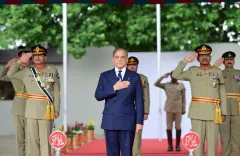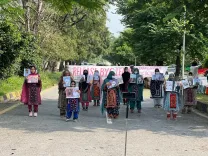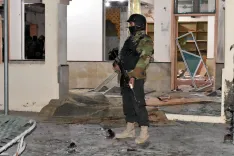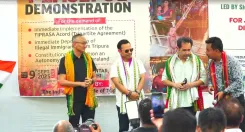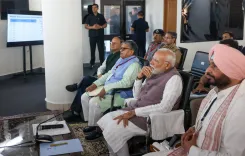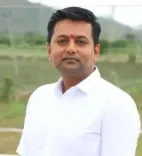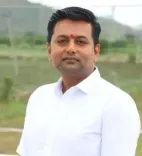Is South Korea's ex-President Yoon filing a constitutional petition over insurrection charges?
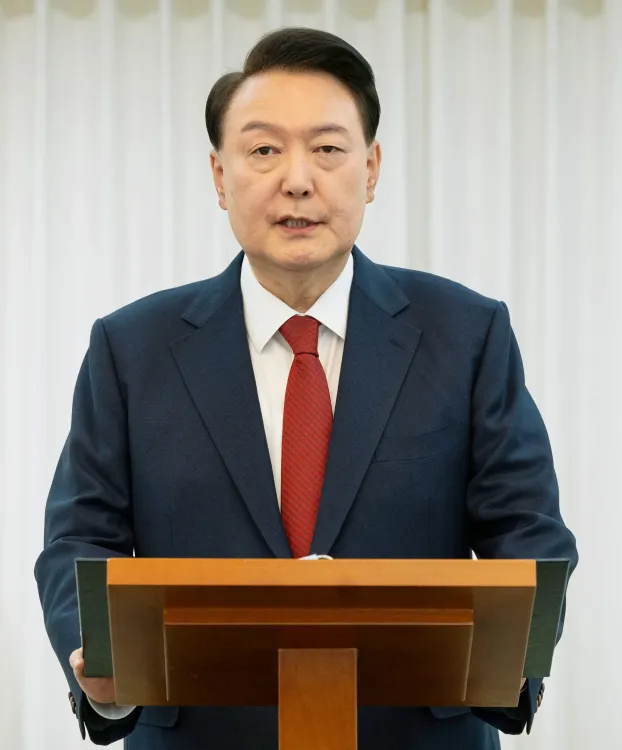
Synopsis
Key Takeaways
- Yoon Suk Yeol has filed a constitutional petition regarding insurrection charges.
- The court is proceeding with the trial despite his absence.
- Yoon's case could result in severe penalties, including life imprisonment.
- There are plans to merge his trial with those of his associates.
- The speed of the trial has faced criticism due to witness selection.
Seoul, Sep 8 (NationPress) The former President of South Korea, Yoon Suk Yeol, has submitted a constitutional petition regarding a special probe bill linked to his insurrection charges. He argues that the bill is unconstitutional, as he has been absent from his insurrection trial for the eighth consecutive session, leading the court to move forward without his presence.
Additionally, Yoon's legal team has requested a court record for a constitutional review concerning the legality of the special probe bill, as reported by Yonhap news agency.
Since his second arrest on July 10, on charges tied to his unsuccessful attempt to enforce martial law, Yoon has refrained from attending the trial at the Seoul Central District Court, citing health concerns.
The court announced on Monday that it would continue with the proceedings in his absence, as the Seoul Detention Centre indicated it was not feasible to forcibly bring him to court.
Yoon faces allegations of leading an insurrection and misusing his power during his failed martial law initiative in December. The charges of insurrection could result in a maximum penalty of life imprisonment or even death.
In the meantime, the court plans to finalize the trial proceedings by December, indicating that it is likely to be integrated with the insurrection trials of former Defence Minister Kim Yong-hyun and Police Chief Cho Ji-ho, both of whom were involved in Yoon's martial law attempt.
Judge Jee Kui-youn remarked that while the three cases are currently being handled separately, they share significant issues and evidence, suggesting that they will likely be consolidated into a single case.
This development comes amidst criticism regarding the speed of Yoon's trial, particularly concerning the number of witnesses selected.
During the hearing on Monday, the court was prepared to hear testimony from an official associated with the Defence Counterintelligence Command, which played a role in the martial law operations.
According to the Criminal Procedure Code, a trial may proceed without the defendant if he refuses to attend without valid reasons and it is considered impossible or exceedingly difficult for a prison officer to bring him by force.

